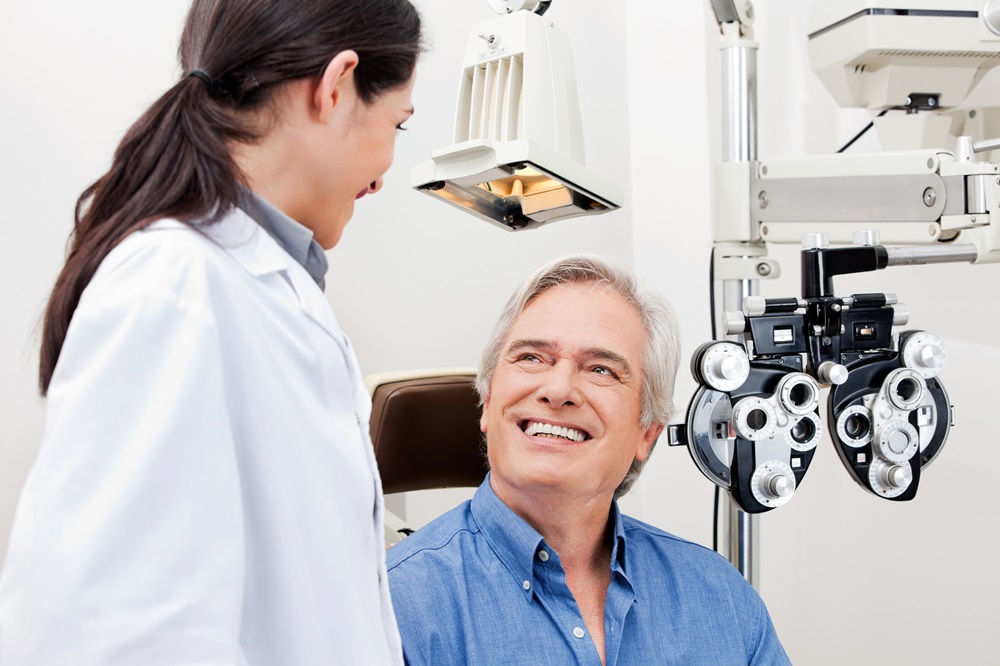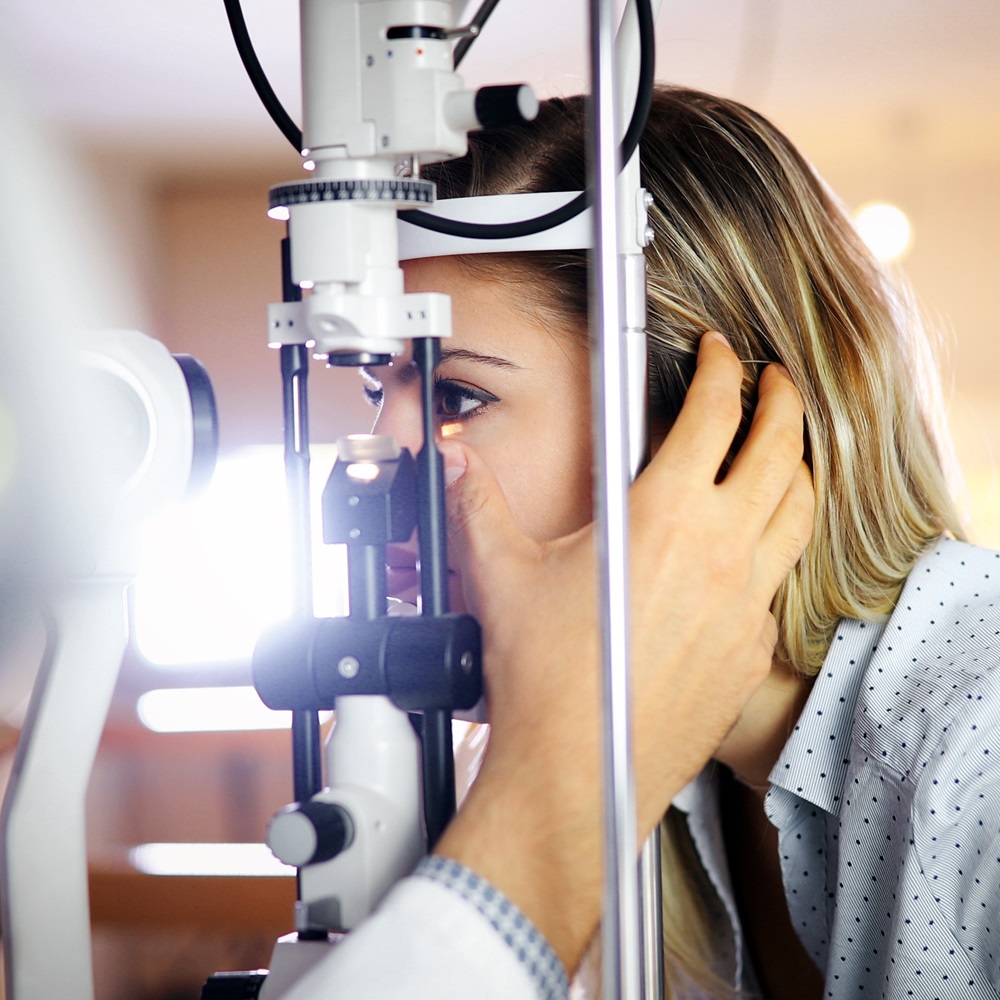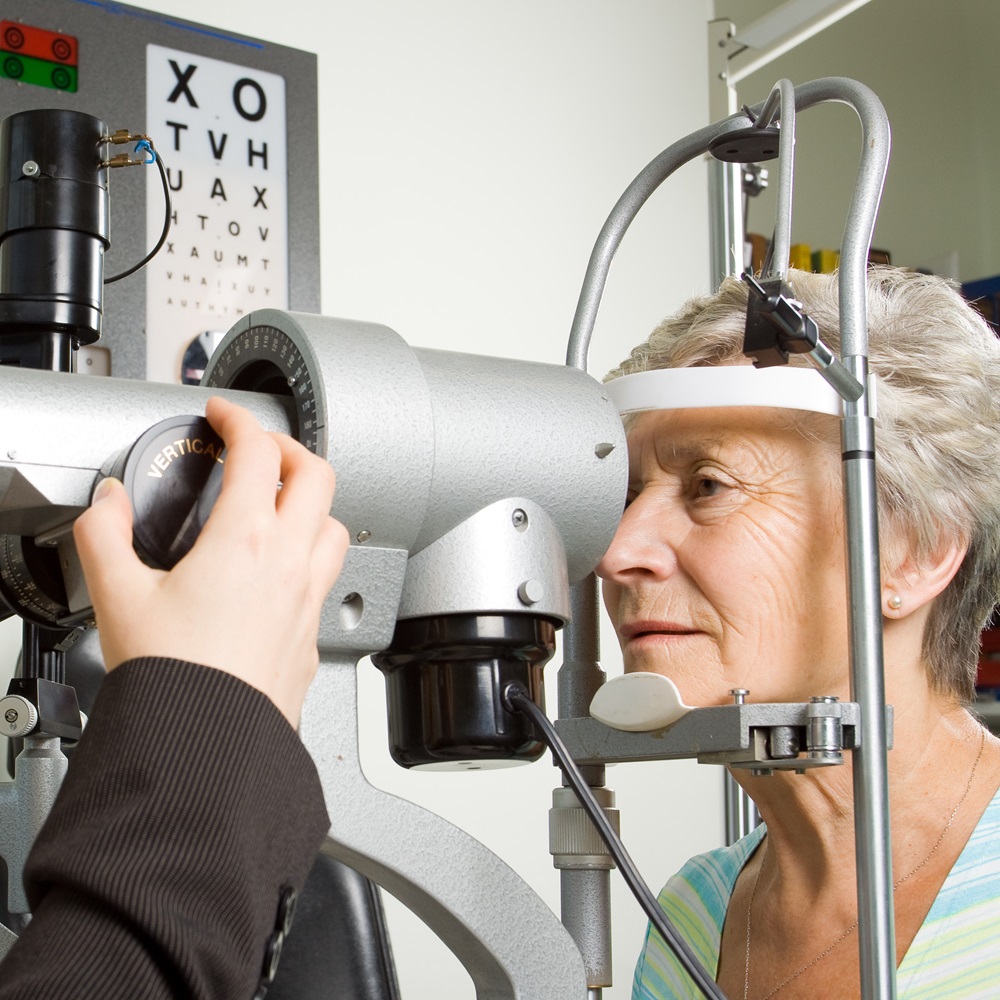When Should You Have an Eye Exam And Why Do They Matter?

Childhood Vision Screening
A child's eyes are a window to their growth and development from infancy to adolescence. The American Academy of Ophthalmology and the American Association for Pediatric Ophthalmology and Strabismus enable us to provide precise childhood eye screening guidelines. These guidelines ensure timely screenings that identify potential issues and guide you toward comprehensive eye exams when necessary. It's about nurturing healthy eyesight from the very beginning.

Baseline Eye Exams for Adults
We recommend annual eye exams for adults and emergency eye exams for the following:
- Infections, injuries, or sudden visual disturbances demand immediate action.
- Contact lens wearers need annual assessments to maintain eye health.
- Diabetes or a family history of eye disease prompts discussions on a tailored exam schedule.
Turning 40: The Eye Health Milestone
Reaching age 40 marks a pivotal point in your eye health journey. Our experts recommend a comprehensive eye examination at this stage. Early detection becomes crucial, as it allows spotting potential issues before they escalate. It's a proactive approach to preserving your eyesight and enjoying life with clarity.
Not Everyone Should Wait Until Age 40
Each individual's eye health needs are unique. If you have diabetes, high blood pressure, or a family history of eye diseases, your eyes deserve specialized care. Our team understands these nuances, offering tailored solutions beyond waiting for the 40th birthday. Take your time; let us guide you toward the right frequency of examinations based on your specific risk factors.
Seniors and Eye Exams — Aging Gracefully, Seeing Clearly
Age is just a number, but when it comes to eye health, it's a significant one. If you're 65 or older, regular eye check-ups should become a cherished routine. Our skilled optometrists specialize in age-related eye conditions like cataract surgery co-management, diabetic retinopathy, age-related macular degeneration, and glaucoma. By entrusting your eye health to us, you're choosing to age gracefully while enjoying the beauty of the world around you.

What Do Eye Doctors Check During Eye Exams?
Here's what our examination encompasses:
- Your Medical History: Our experts dive into your history, medications, and family background to tailor your examination.
- Visual Acuity: The timeless "E" eye chart assesses your vision at varying distances, providing insight into your visual acuity.
- Prescription for Corrective Lenses: Through our advanced phoropter device, we fine-tune your eyeglass or contact lens prescription for optimal clarity.
- Pupil Examination: We observe your pupil's response to light, uncovering potential underlying issues.
- Side Vision: Evaluating peripheral vision detects conditions like glaucoma, even before noticeable symptoms arise.
- Eye Movement: Ocular motility assessments ensure your eyes work harmoniously and muscles function seamlessly.
- Eye Pressure: Eye pressure testing helps identify glaucoma risk, ensuring comfort through numbing eye drops.
- Front Part Examination: Our slit-lamp microscope illuminates the front eye components, detecting cataracts, scars, and corneal irregularities.
- Retina and Optic Nerve: Dilated pupils allow us to examine your retina and optic nerve, uncovering any signs of disease-related damage.
Request your comprehensive eye exam at Accent Vision Specialists today and experience the difference expert care can make.

